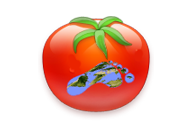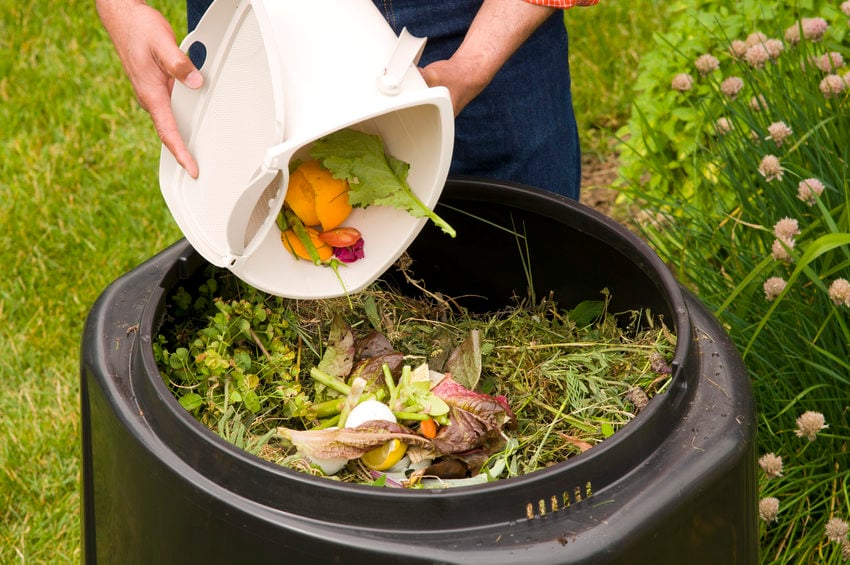
How much does eating locally-produced food help the climate problem? What are the other potential environmental and social benefits of eating locally-grown/produced food? Do you have a food garden in your school or at home? If not, do you want one?
Home Grown >
GROWING FOOD/COMPOST

Growing your food in your backyard/garden such as fruits and vegetables is a great way to reduce the emissions produced from processing and transporting the food we eat, not to mention providing a healthy, organic alternative to shop-bought, convenience foods. According to Rainforest Trust, composting conserves water and reduces water use by helping soils retain moisture. You might wonder what composting is. Composting is a process that decomposes organic matter like leaves, vegetable scraps, or tea bags into soil conditioners. This process can make sure that the plants are healthy, conserves water, and reduces water use by helping soils retain moisture. It naturally enriches the soil and prevents plant pests and diseases. In addition, the earth suffers from the loss of wildlife and deforestation because of food production. One of the main causes of deforestation and animal extinction is food production. The production of meat and dairy products in agriculture requires a lot of energy and contributes to deforestation. Always remember to buy locally or organically sourced food to prevent deforestation and loss of wildlife.






